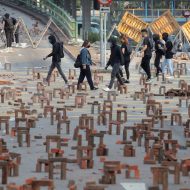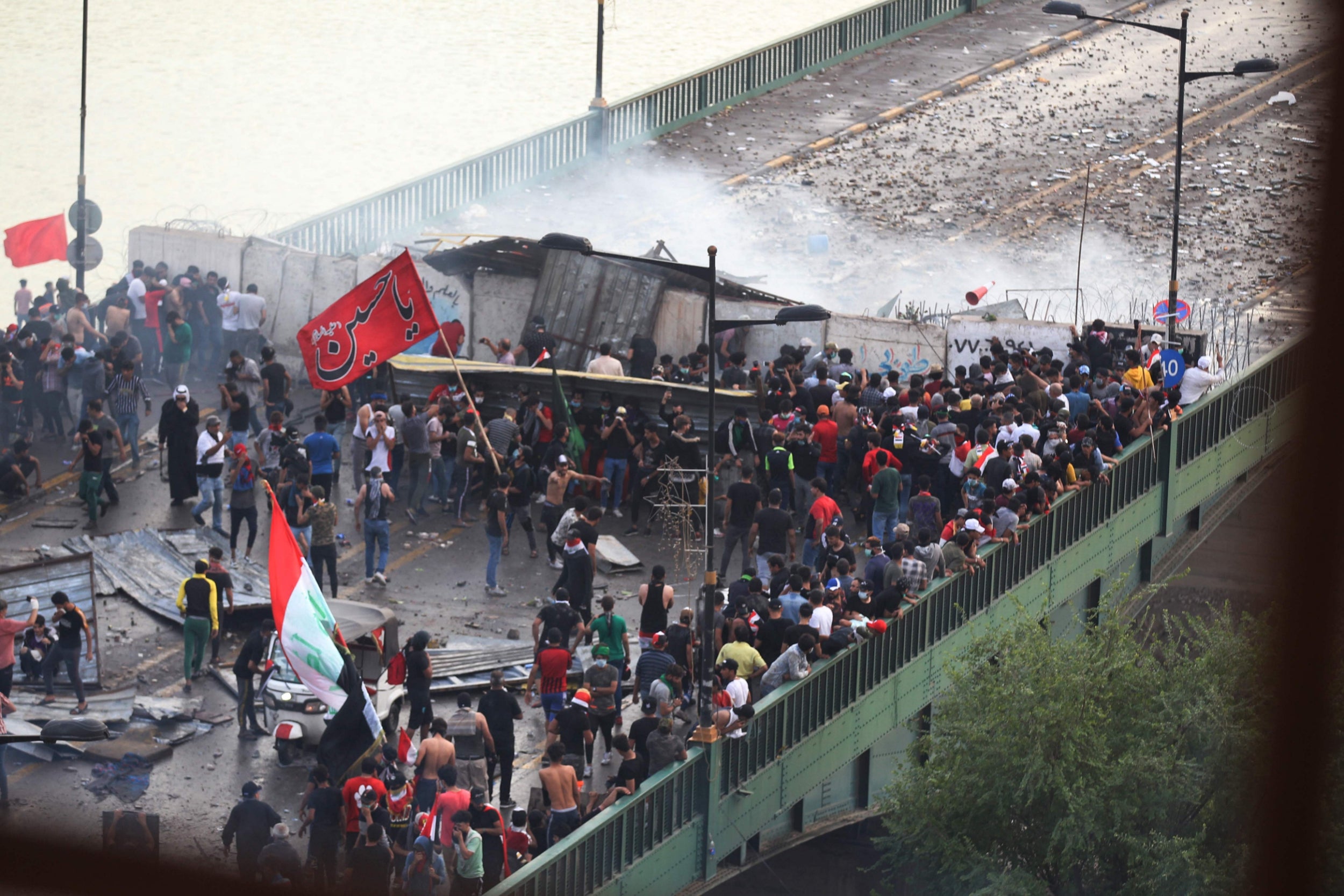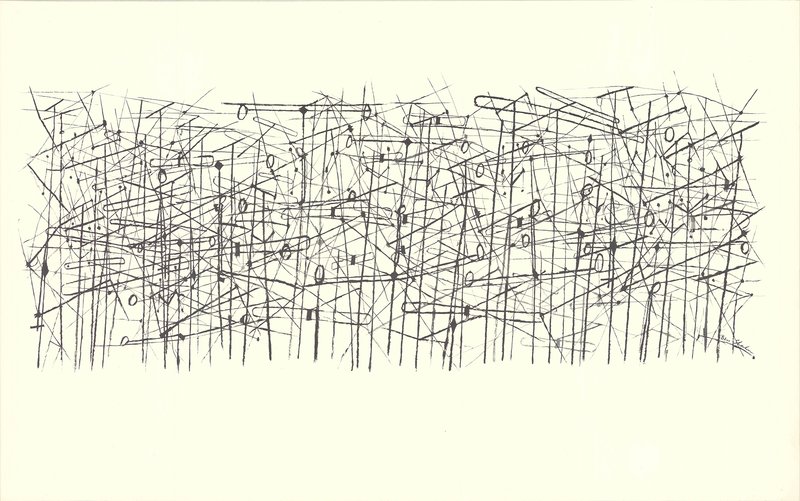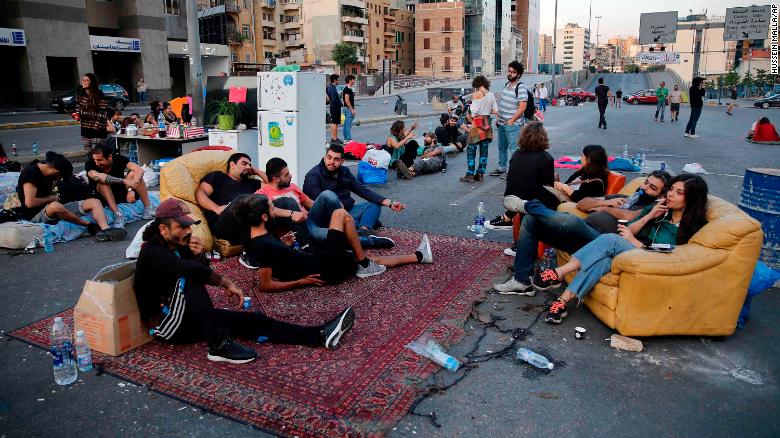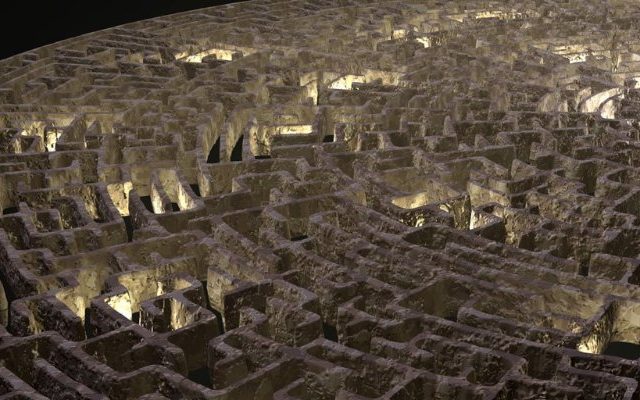
General. Any struggle or movement that poses a serious threat to capitalism and the established order will come under attack by the state. It will face police surveillance, infiltration, disinformation campaigns, cooptation, criminalization, incarceration, and even assassinations. While outright state violence is easy to recognize, surveillance and cooptation are less obvious and much more effective forms of state repression. Because of this, modern counterinsurgency theorists understand and emphasize the centrality of getting into the organizational and decision-making structures of those who oppose them, in order to surveil, disrupt, coopt and redirect those organizations and struggles from the inside. The best security and defense against this counterinsurgency strategy isn’t necessarily more secrecy and isolation, but militants who are educated and empowered to question operational decisions and leadership. More than anything else, operational security lies in the critical thinking skills of the individuals and units that make up the revolutionary organization. Continue reading “Principles of Security”

